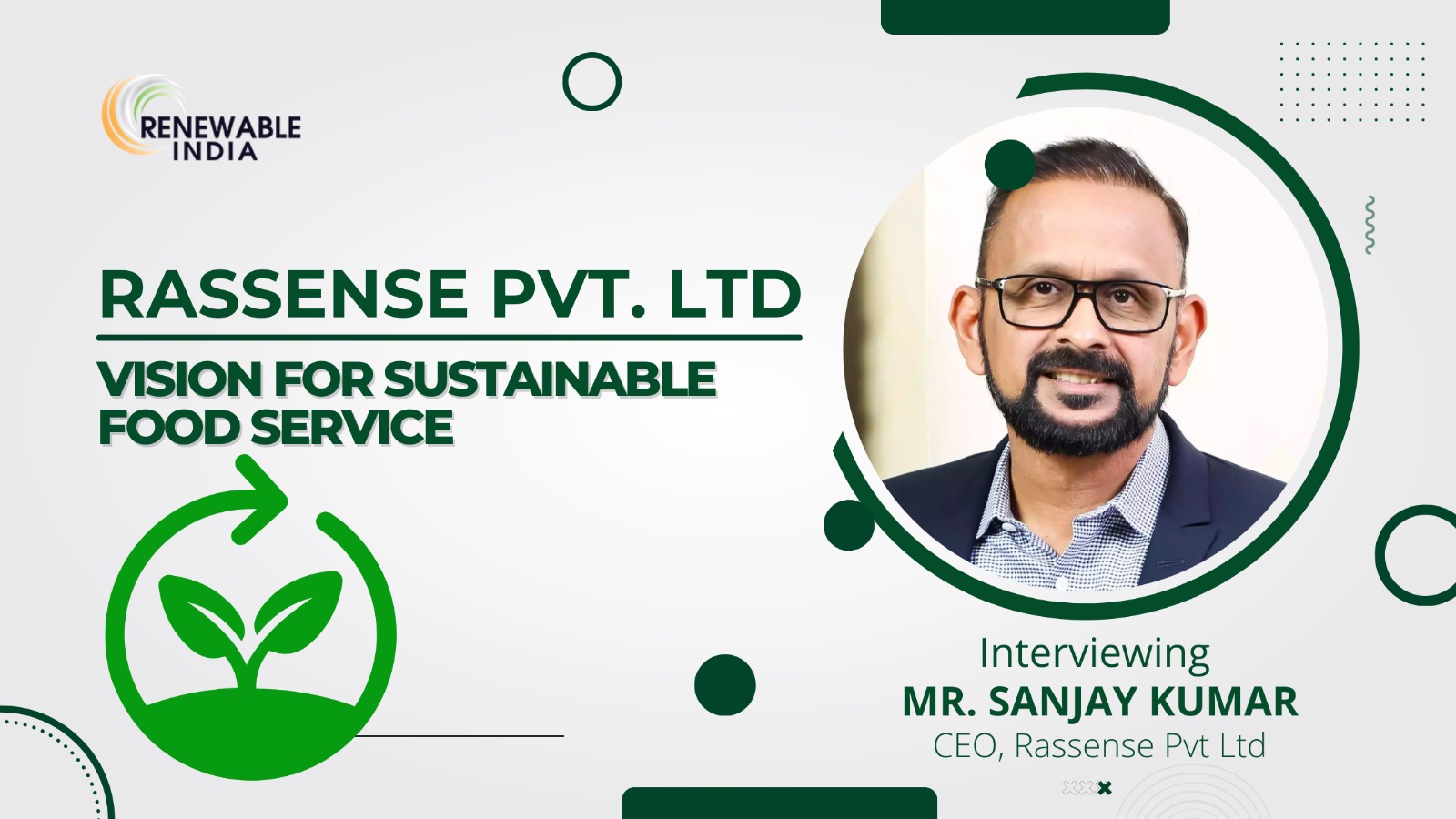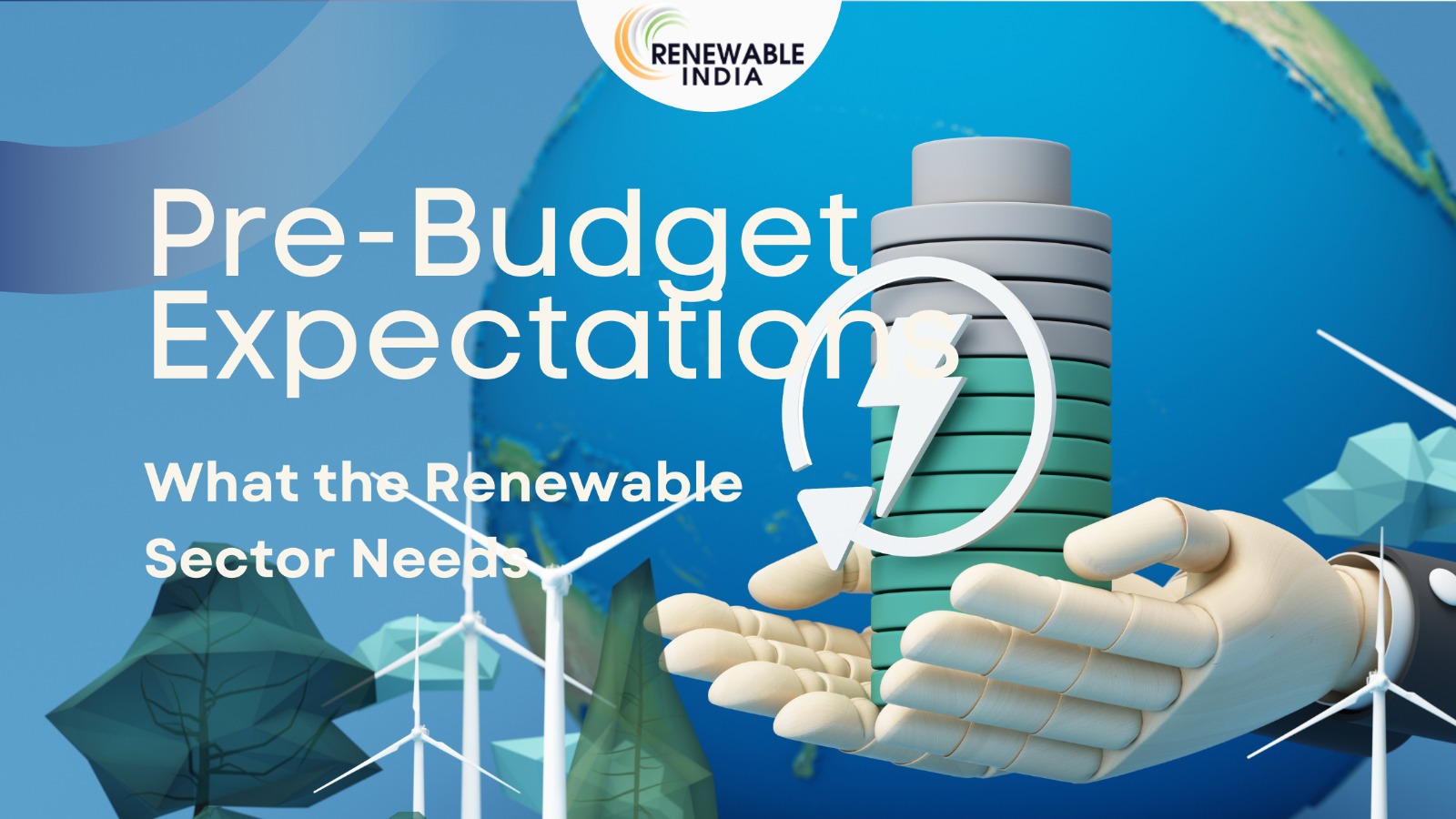
Mr. Sanjay Kumar, Managing Director and CEO of Rassense Pvt. Ltd., is a visionary leader whose career is marked by strategic pivots and an unwavering commitment to excellence. From his early days at Marico and Eureka Forbes to a distinguished 18-year tenure at Shell, Sanjay has consistently demonstrated a knack for transforming businesses. As CEO of Altran Technologies India, he expanded the firm’s operations to over 2,600 engineers, making it one of the group’s most profitable units globally.
Mr. Sanjay later ventured into entrepreneurship, founding Gamestacy, a mobile gaming company recognized by the Google Accelerator Program. His most recent accomplishment, the founding of Rassense, has redefined India’s food service industry. By merging the principles of innovation, sustainability, and a focus on community involvement, Mr. Sanjay has transformed Rassense into the country’s largest food service company, producing over 300,000 meals daily across business, education, and healthcare sectors. His vision continues to set new benchmarks in excellence and customer satisfaction in the food service sector.
Here’s an insightful interview Mr. Sanjay kumar that offers valuable perspectives and experiences you won’t want to miss.
Ans: Rassense was conceptualized through a leveraged buyout (LBO) of CRCL, which involved a reconstitution via a cash-cum-equity deal. Following this, Rassense expanded its management structure by raising capital through an Alternative Investment Fund (AIF) with Spark Capital. The funds raised allowed Rassense to invest in expansion into new geographies and market segments, while also strengthening its internal organizational framework. These investments led to immediate dividends, and Rassense grew rapidly from INR 290 crores at the time of the transaction to an estimated closing of around INR 478 crores for this current financial year. This growth was driven by both geographic expansion into new geographies and the acquisition of significant large new accounts, a trend we believe will continue.
One key factor contributing to this growth is that, for the first time, an Indian company had established a pan-India footprint and leveraged modern with a new-age technology to offer better client solutions. The company’s growth has been anchored by three key drivers:
I) The ability to raise capital.
II) The expansion of the organizational structure.
III) The development of a differentiated platform through technology.
Ans: To give a few examples, we were one of the first companies to introduce IoT-enabled waste management practices to manage bin waste at client sites. Similarly, we implemented a digital platform to ensure that ingredients sourced for stores are mapped digitally, with rejections documented in real time. This process has improved the quality of the ingredients used in our food production, enhancing both taste and overall culinary satisfaction. Additionally, we have deployed tools previously unused in the industry, to manage various internal processes.
Taking it a step further, we have provided some clients with access to these tools to build transparency into workflow management, ensuring mutual respect and accountability for the processes, people, and the delivery of promised solutions.
From utilizing robotic processes to automate our purchase orders (POs) to using simple tools for image-based expense approvals, we have been at the forefront of deploying new-age solutions, which have helped us innovate faster than our competitors. We have benefited from India’s vast array of technological advancements. As a smaller, locally managed company, we can implement these solutions more swiftly. In today’s world, technology is agnostic to scale, which has allowed us to leapfrog the industry in delivering innovative solutions
Ans: We are proud to be the first Indian-owned food service company in India’s history to use SAP architecture for managing our enterprise and financial reporting. This implementation places a significant responsibility on us to ensure governance and processes are well streamlined and understood across the organization. Once SAP is closed, modifications are not possible, unlike some locally available software or ERP solutions. Additionally, we have embedded bots that automate processes like the procure-to-pay (P2P) process, minimizing errors in our transactions. Our use of SAP architecture fosters trust in our data among clients, establishing a level of mutual confidence that is hard to achieve.
We also take pride in our audits consistently meeting the highest standards, leading the industry in compliance. As we celebrate the landmark achievement of being the first food service company in India to surpass ₹450 crores in revenue, we recognize our moral responsibility to our employees and their families. We strive to maintain best-in-class governance while delivering solutions to our clients that honor both our employees and our Indian heritage.
We have implemented a waste management system using IoT, and toward sustainability, we’ve introduced hand hygiene machines. These advancements have significantly reduced food rejections and resulted in estimated savings of 3,325 liters of water and a reduction of 1.169 kg in carbon emissions. We believe these simple measures can make a substantial impact on water conservation and enhance hygiene practices.
Furthermore, as part of a sensitization project, we have started growing our own vegetables on client sites to raise awareness among our employees and clients about the connection between nature and food, fostering an appreciation for plant life and what ends up on our tables.
Regarding AI, we uniquely stand out as the only food service company in India where 50% of our management executive committee has been trained by the Indian School of Business to leverage AI for leadership. We are currently engaged in several projects focused on predictive analysis for both commodity procurement and consumption. With the production of approximately 300,000 meals daily, the volume of data we generate is substantial, making it ideal for predictive analysis using AI. We are collaborating with two organizations to build LLM and SLM models to enhance our efficiencies.
Ans: We benefit greatly from our Indian heritage and domestic ownership. This allows us to delegate responsibility for profitability at the site level, enabling quick recipe adjustments based on client requirements. It also helps us manage diverse culinary expectations more effectively, allowing for menu tweaks within a week to cater to different consumer preferences within the same segment. This agility sets us apart from competitors, as we are not burdened by a plethora of processes that complicate decision-making at the site level.
Furthermore, our long-standing presence in this segment allows us to shuffle chefs and transfer regional culinary expertise across the nation. Coupled with the chef-led model, which empowers sites to make their own decisions regarding ingredients and menu adjustments, we can demonstrate flexibility in our recipes—crucial for meeting diverse culinary expectations.
Ans: Our processes are driven by site requirements, and as an Indian company, we have a deeper understanding of Farmer Producer Organizations (FPOs). We have implemented several programs to raise awareness, which have now translated into concrete actions on the ground.
For instance, holding our leadership meeting at a tiger reserve in Pench aimed to sensitize our leaders to the critical role that the environment plays in our lives, whether in wildlife conservation or in cultivating fruits and vegetables. The project in Bhopal, where our employees cultivated vegetables, was another part of an initiative to highlight the importance of recognizing the effort that goes into the food served on our plates.
Conserving precious resources like water in food production is essential for sustaining our planet. Our primary focus has been on water conservation and local procurement, which we believe are vital – not just because sustainability is a trending topic, but due to the immense pressure on resources, especially given India’s high population density. It is our moral commitment to ensure that in our business practices, we give back to the environment and our surroundings as much as we take, with the ultimate goal of achieving net zero.
Ans: This is an interesting question because workplace meals are often the only meals that employees share together. In today’s fast-paced world, where long hours are spent commuting, evening meals tend to be lighter and less intensive, making lunch a crucial part of the employee dining experience. To curate menus that deliver not only on taste but also on wellness, we believe it’s essential to have a close partnership with clients and the communities we serve.
We can achieve this effectively because our sites are empowered to adjust recipes and menus based on daily feedback. This approach allows us to stay closely connected with consumer preferences. Additionally, we ensure that feedback is collected and acted upon quickly, creating a foundation for menus driven by consumer insights rather than assumptions about what should be served. This responsiveness has been appreciated by our clients and has helped us become the largest domestically owned food service and contract catering company in India.
Ans: There are three key areas we prioritize in our community involvement. First, we collaborate with Farmer Producer Organizations (FPOs), supporting the communities from whom we procure. Second, we focus on water conservation, and third, we aim to reduce food waste. We employ a blend of technology and human intervention to ensure that, as we conduct our business, we give back to the environment what we take from it.
As a result, we strive to keep food waste below 2% at our production sites. Additionally, we prioritize local sourcing, with nearly all perishables sourced within 50 kilometers of our sites. We also leverage technology to address water conservation and minimize raw material waste.
By setting clear specifications and conducting quality inspections, we reduce waste and promote the importance of using quality ingredients in food production. All these efforts contribute to fulfilling the sustainability cycle and giving back to the environment from which we source.
Join 80,000+ awesome subscribers and update yourself with our exclusive news.







Leave a Reply